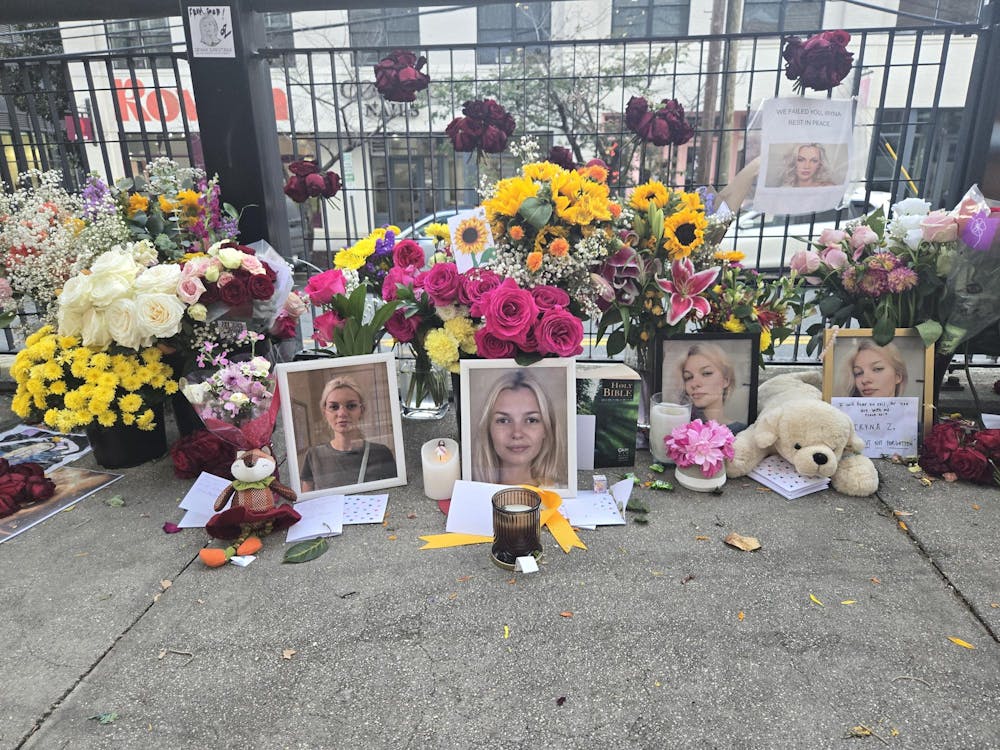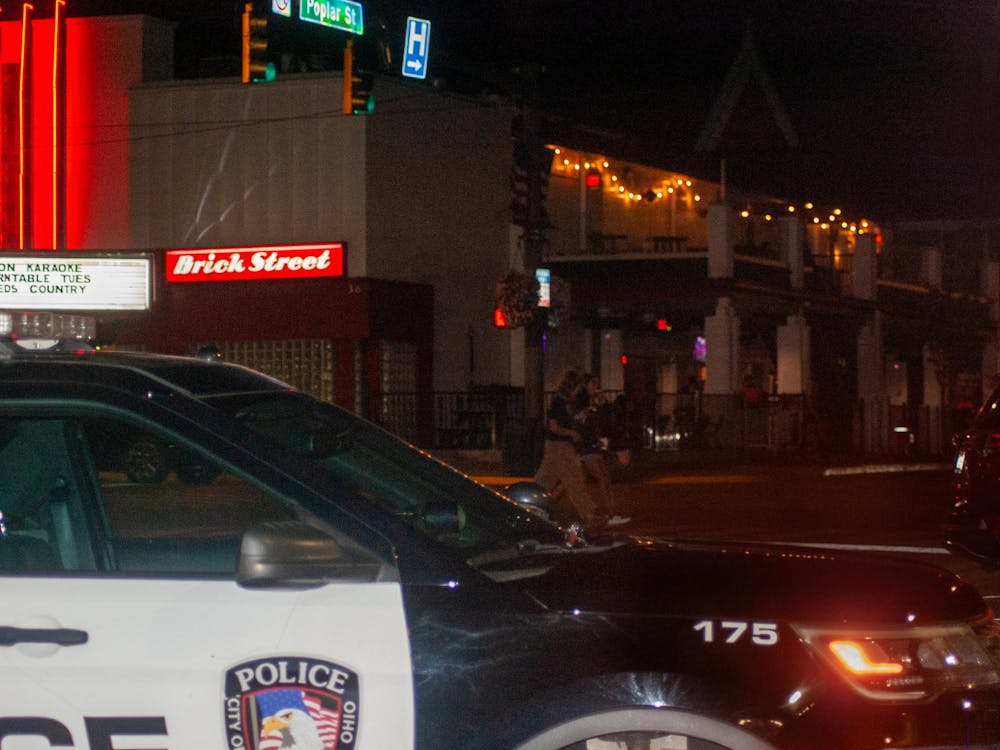Iryna Zarutska was a 23-year-old woman who fled from her home country of Ukraine with her mother, sister and younger brother in 2022, immigrating to the United States as refugees.
They sought a better life in America; Zarutska enrolled in college classes and found work at a local pizzeria. The day of Aug. 22 was just another one for her.
Then, she was stabbed to death by a 34-year-old Black man on a Charlotte light rail train.
Zarutska was on her way home from work, just minding her own business, when the man charged with her death, seated behind her, suddenly rose up and slashed her neck three times. It was sudden, unprovoked and horribly tragic.
A security camera caught it all, including the five bystanders, all of whom ignored the dying woman. None of them checked on her. One man immediately walked away, but that was the most visible reaction.
The other four apathetically looked back down at their phones, or off into the distance, not even looking over at her. The attacker had already fled, and there was no present danger, yet they still remained unbothered, as if this were just another normal event of the day.
The graphic footage of the attack went viral on social media, and some students at Miami University in the political science department were shocked by the sight of it.
Caroline Edwards, a junior political science major, said she believes this was a racially-motivated killing.
“The perpetrator stated after the attack, ‘I got that white girl. I got that white girl.’ This fact seems to be left out of news coverage,” Edwards said. “I think we also need to start thinking about the integrity of humanity as everyone sat and watched her die.”
Because the video of the attack is so graphic, it hasn’t been widely circulated through major news outlets. In that video, however, the perpetrator can be heard making several comments, including what Edwards mentioned.
Peyton Schafer, a sophomore political science major, connected Zarutska’s tragic murder to failures of the punitive justice system, as the suspect had previously been arrested 14 times, and he had spent more than five years behind bars for robbery with a dangerous weapon.
“Our catch-and-release prison system currently only serves to train one-time offenders to be hardened criminals; we need rehabilitative justice to ensure the first time in jail is the last time,” Schafer said.
Enjoy what you're reading?
Signup for our newsletter
The students I interviewed and friends I’ve spoken with have responded with seriousness, empathy and a genuine concern for the situation, looking to how we may prevent it in the future. This is how we should respond to tragedy. However, certain reactions to violence, especially online, look much different.
On ordinary platforms like Instagram, Twitter and TikTok, violent videos circulate as entertainment. Victims are stripped of their humanity, reduced to just another spectacle.
This is especially clear when politics are involved. After Charlie Kirk was assassinated, his wife was left a widow and his children fatherless. Yet online, countless people responded in celebration.
This is just another example of what happens when we are persistently exposed to graphic violence. We grow desensitized to it. Violence starts to feel normal, and people react to it in unhealthy ways.
An National Institutes of Health study shows that overexposure to violent media is linked with reduced responsiveness to such content. But we don’t need studies to show us this; we can look around and see it for ourselves.
Oftentimes, it’s simply numbness. The same numbness shown by the bystanders to Zarutska’s murder.
I, and many others, were struck by their silence because it reveals something we’ve passively and quietly known for a long time: people are caring less and less about one another.
But we aren't made for this selfishness and hyperindividualism. From the beginning, human beings have been social creatures, made for community. With that comes a responsibility for one another.
That responsibility extends beyond just our friends and family, but to strangers, and even to people we don’t like. When someone is in need, we have a duty to respond with charity.
But what we see instead shows that violence has already been normalized. It’s not just the bystander effect. It's cheering at an enemy’s downfall. It's scrolling past another violent video. It's mocking another's misfortune.
A culture of apathy will eventually poison itself. Don’t let forgiveness, concern or compassion be crushed by the ways of the world. Guard your heart, and don’t let the world train you into indifference.
Jacob Van Riper is a junior business analytics and marketing double major. He is the marketing director at the Miami Catholic Newman Center and a senator for Associated Student Government. He also serves as chancellor of Oxford’s Knights of Columbus Council 18322, and hosts the metal and rock radio show “Soul Wars” at Redhawk Radio.




